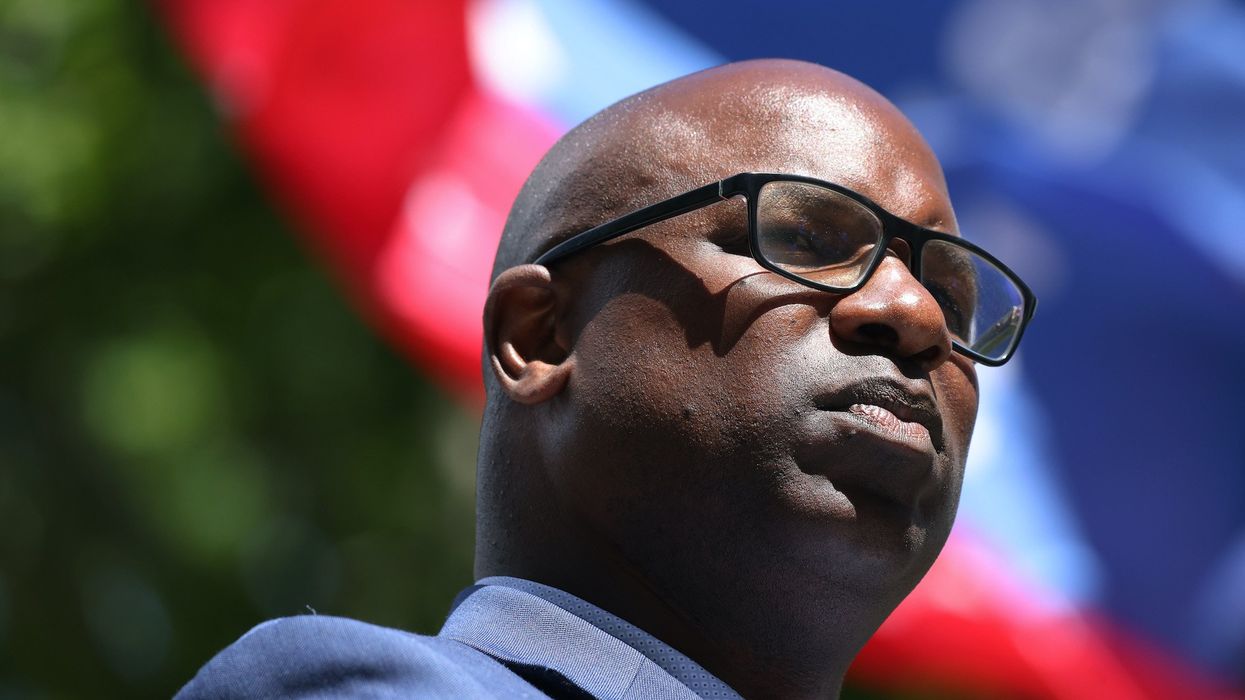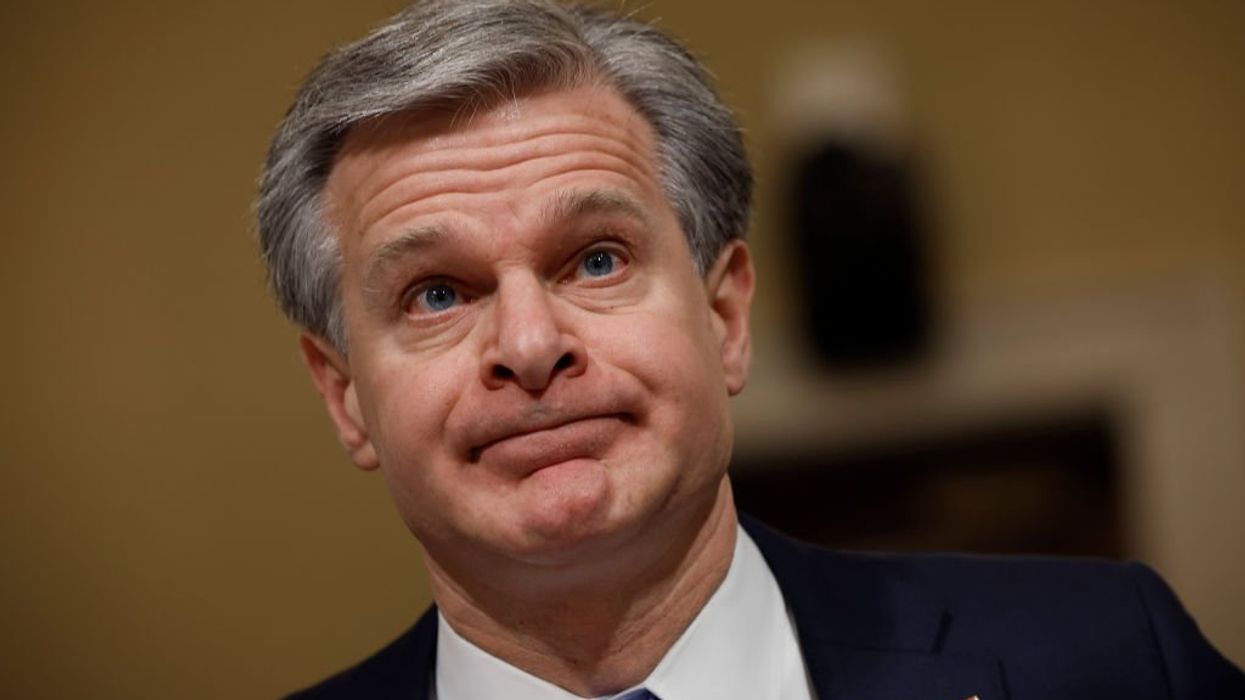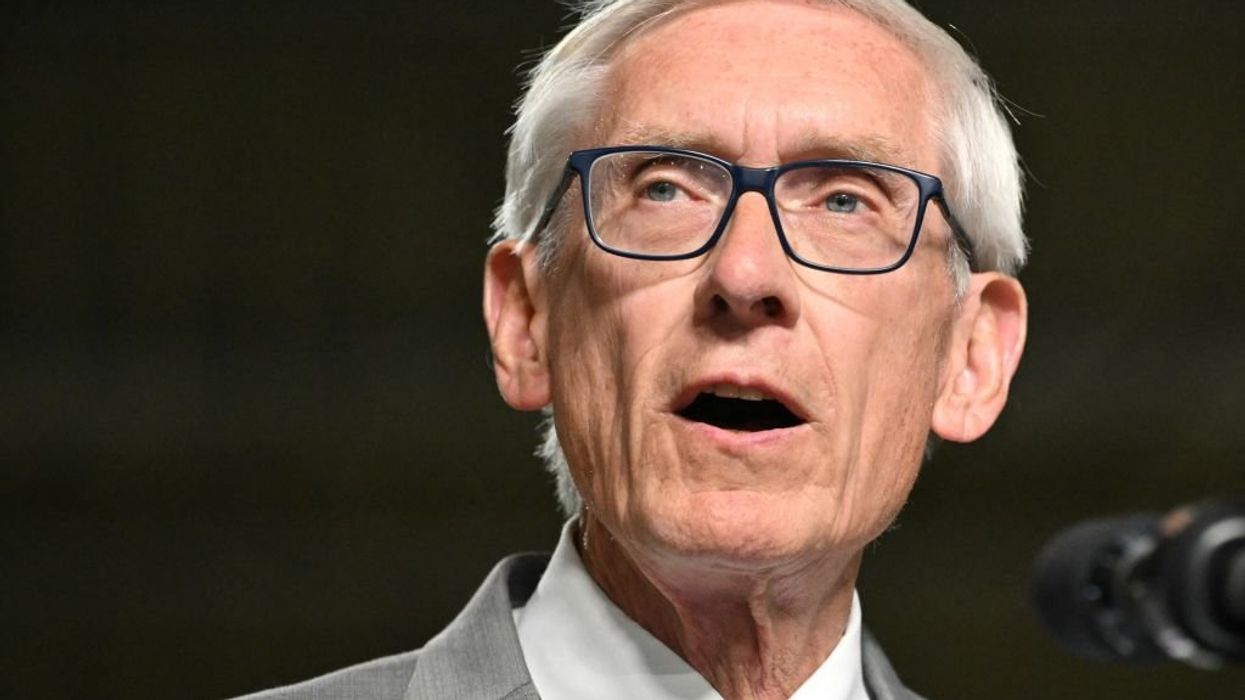President Barack Obama hinted strongly at coming Supreme Court vacancies in the last two years of his presidency, speaking of the urgent need for Democrats to hold their Senate majority after the November midterms.
 AP Photo/Pablo Martinez Monsivais
AP Photo/Pablo Martinez Monsivais
Speaking at a private home in Tisbury, Massachusetts, Obama said he is dealing with a faction of Republicans motivated only by ideology.
“That’s why I need a Democratic Senate, not to mention the fact that we’re going to have Supreme Court appointments, and there are going to be a whole host of issues that many people here care about that are going to be determined by whether or not Democrats retain the Senate,” Obama said Monday.
Obama didn't name names, but his reference to “appointments,” plural, indicates he could be eyeing leaving a bigger imprint on the court.
At 81, Ruth Bader Ginsburg is widely presumed to be the next justice to step down from the bench. Fellow Clinton appointee Stephen Breyer turns 76 this month; both are firmly embedded in the court's liberal wing, and for Obama to nominate either of their replacements would not significantly shift the makeup of the court.
If, however, Anthony Kennedy or Antonin Scalia — both 78 — were to leave, it would be a different matter entirely: Scalia is a staunch conservative, while Kennedy is often a swing vote who leans conservative. If either retired, Obama could have the chance to dramatically reshape the court — providing significant motivation for Kennedy, and particularly Scalia, to stick around.
In his first term, Obama nominated Elena Kagan and Sonia Sotomayor to the high court, replacing liberal justices John Paul Stevens and David Souter, essentially keeping the left-right split the same.
Kagan, Sotomayor, Clarence Thomas, Samuel Alito and Chief Justice John Roberts are all under the age of 70, and considered highly unlikely to retire in the near future.
The White House did not immediately respond to questions from TheBlaze regarding which court vacancies the president may be anticipating in the next two years.
Obama broke away from his two-week Martha's Vineyard vacation to raise money for the Democratic Senatorial Campaign Committee at the home of Roger H. Brown and Linda Mason. Tickets to the fundraiser ranged from $15,000 to $32,400.
He again repeated one of his traditional lines at fundraisers.
“Democrats, one of the flaws we’ve got is we are congenitally disposed towards not turning out during midterms elections,” Obama said. “We get real excited about presidential elections. We lose sight of the importance of elections in the midterm. Part of that is demographics. We’re younger; more minorities vote Democratic, more single women — a lot of folks who oftentimes do not turn out during midterms. But we know how to fix that as long as we continue to have your support.”
—
Follow Fred Lucas (@FredVLucas3) on Twitter

 AP Photo/Pablo Martinez Monsivais
AP Photo/Pablo Martinez Monsivais





